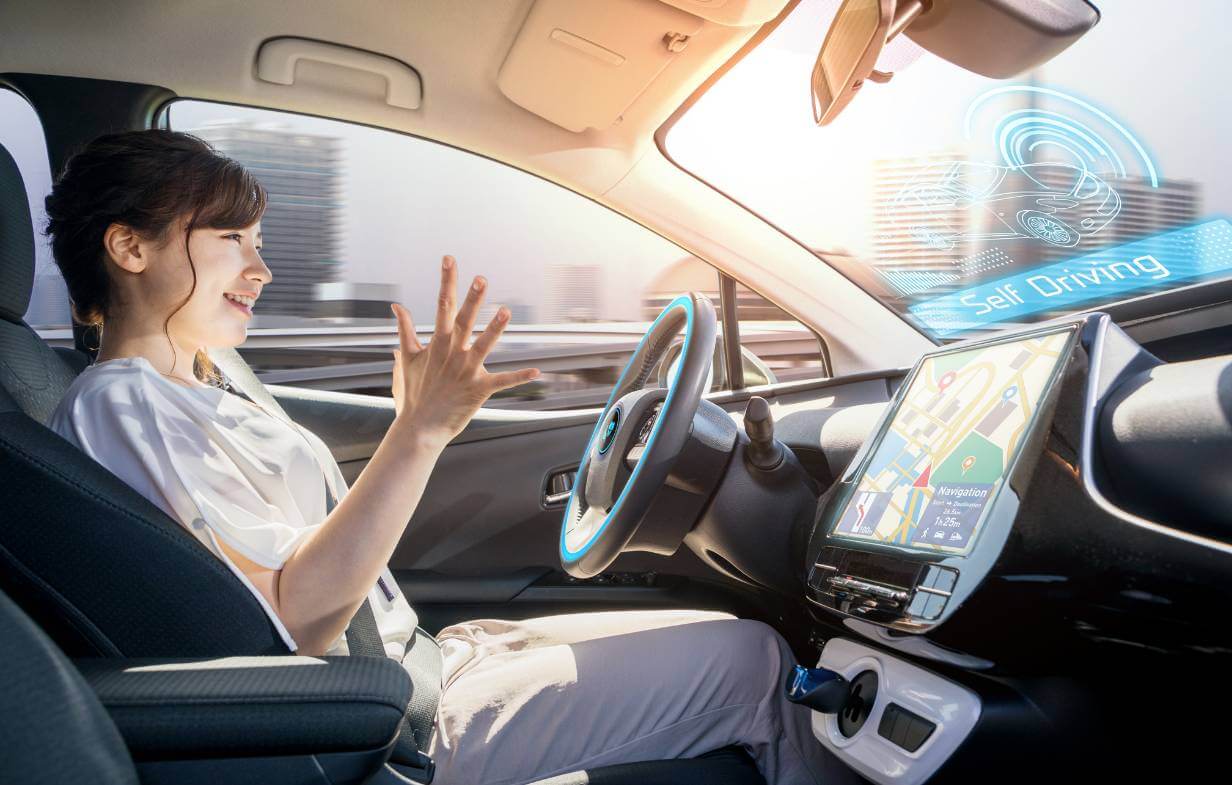

The AI Car Dilemma: Your self-driving car faces an imminent crash, and your options are hitting a group of pedestrians or swerving to hit a concrete barrier, likely killing you. Does the car's programming prioritize your life or the greater number of lives on the sidewalk?
The AI Car Dilemma, also known as the Trolley Problem, presents a challenging ethical dilemma for self-driving car manufacturers and programmers. There is no universally agreed-upon answer to this question, as it involves complex moral considerations and value judgments. However, I can provide an analysis of the different perspectives and approaches to this dilemma.
1. Utilitarian Perspective:
Utilitarianism suggests that the morally right action is the one that maximizes overall well-being or happiness. From this perspective, the self-driving car should prioritize the greater number of lives on the sidewalk. By swerving to hit the concrete barrier, the car would sacrifice the life of the passenger to save multiple pedestrians. This approach aims to minimize overall harm and maximize the well-being of the majority.
2. Deontological Perspective:
Deontological ethics focuses on the inherent nature of actions rather than their consequences. According to this perspective, the self-driving car should prioritize the life of the passenger. The car's programming should follow a set of rules or principles that prioritize the protection of the occupant. This approach emphasizes the inherent value of human life and the duty to protect it.
3. Legal and Liability Perspective:
From a legal standpoint, the responsibility for accidents involving self-driving cars is a complex issue. Liability could fall on the car manufacturer, the programmer, or the passenger. Some argue that the car should prioritize the passenger's life to avoid potential legal consequences. However, legal frameworks and regulations surrounding self-driving cars are still evolving, and this perspective may vary depending on jurisdiction.
4. Public Opinion and Market Considerations:
Public opinion and market demand can also influence how self-driving cars are programmed to handle such situations. Car manufacturers may consider public perception and consumer preferences when deciding how their vehicles should prioritize lives. If the public strongly favors protecting pedestrians over passengers, it may influence the car's programming accordingly.
It is important to note that the AI Car Dilemma is a thought experiment and has not been fully resolved in practice. Ethical considerations surrounding self-driving cars are being actively debated by researchers, policymakers, and the public. Different countries and organizations may adopt varying approaches based on cultural, legal, and ethical norms.
Ultimately, the resolution of this dilemma will require a comprehensive analysis of moral, legal, and societal factors, as well as ongoing public discourse and input from various stakeholders.
Related Posts
© 2025 Invastor. All Rights Reserved

User Comments